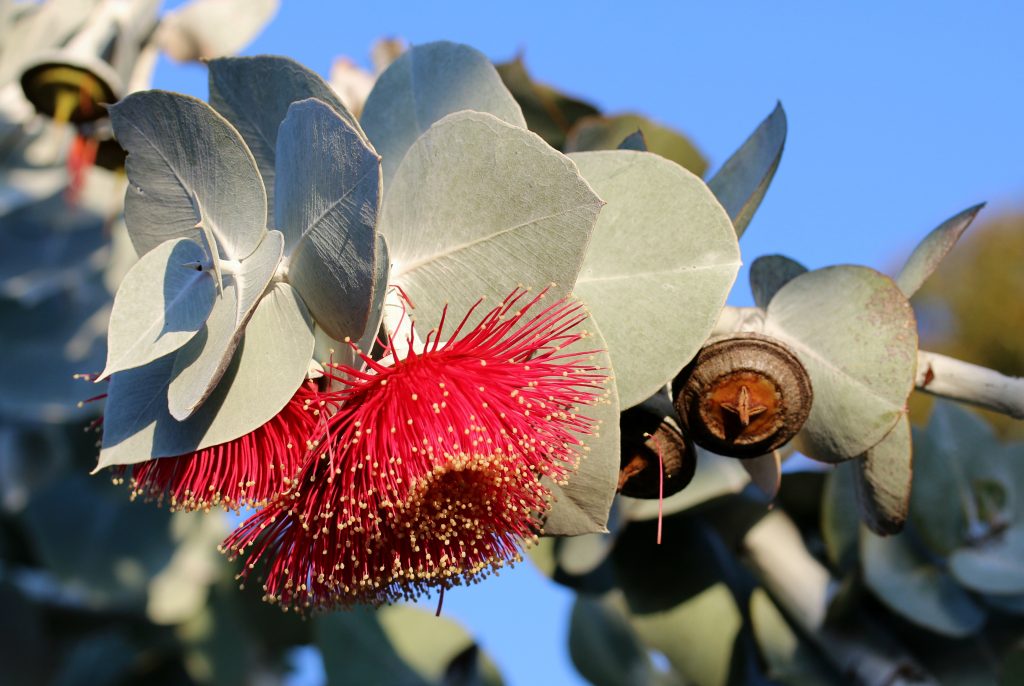
With a purpose to generate a meaningful and collaborative dialogue on Co-Design, Traditional Owners from across WA met with government, industry and investor representatives, to discuss how the principles of co-design should inform the implementation of the WA Government’s Aboriginal Cultural Heritage Act 2021 (ACH Act).
In his opening remarks to the two day workshop, South West Aboriginal Land and Sea Council (SWALSC) Chair Brendan Moore stated, “The co-design process is important in preserving Country and identity. For us it’s about having that voice, to try and make things better for our people to ensure we can protect our heritage.”
With a clear understanding that Co-design is not simply about designing innovative services, products or policies, but prioritising the stories of those people that services, products or policies will serve – at every stage of the design process – the workshop highlighted that legitimate co-design processes require continual collaboration and improvement, alongside ensuring the right people are involved.
Co-design expert Dr Chris Kueh from Edith Cowan University addressed the attendees speaking on how co-design offers the potential for transformative decision-making, to empower those who are most affected by those decisions.
“Co-design means designing with people, not for people – it’s not just another word for consultation,” Dr Kueh explained.
“Participants don’t just provide feedback that can be either used or ignored. They should have equal standing at every stage – from identifying the relevant problems, designing solutions, and continual improvements as needed.”
“By including all relevant perspectives and lived experiences in an ongoing dialogue, we can empower people to transform the way we solve complex problems,” he continued.
Ngalia Traditional Owner and National Native Title Council Chairman Kado Muir joined the conversation highlighting the partnership between the First Nations Heritage Protection Alliance and the Commonwealth Department of Agriculture, Water and the Environment, formed to modernise cultural heritage protection laws at the federal level.
“At the higher level – around the ethics and the ethical framework – we are effectively looking at articulating our rights within a corporate as well as a bureaucratic administrative process. In many respects the right frameworks have not been effectively mapped out by government to allow us as first nations people to effectively articulate,” he said.
Mr Muir went on to say that the United Nations Declaration on the Rights of Indigenous Peoples (UNDRIP) principles of Free, Prior and Informed Consent should be part of a co-design process. “It gives us the scope and opportunity to be able to make decisions, be informed, and understand what the impact of our decisions are on current and future generations.”
Preliminary findings from the workshop included Traditional Owners feeling discouraged by their past experiences of consultation processes, where their views were ignored or responses delayed. It was widely voiced that the government needs to commit to the principles of co-design in good faith and include meaningful engagement, transparency and responsiveness and a share in equity resources.
For genuine co-design, Culture must be central to the whole process, with timelines and processes that respect cultural protocols. The need for support for interpreters, clear explanations of technical and legal language, and a wide variety of feedback methods were also listed.
Furthermore, the lived experience of Culture must be treated with as much authority as expertise, based on professional or educational experience.
Representatives from government, industry and investor groups joined the discussion with Traditional Owners on Day Two, to find areas of broad agreement amongst the various parties, and to discuss where the main points of disagreement lie.
WA Minister for Aboriginal Affairs, Hon. Dr Tony Buti MLA, also joined the workshop where he provided an update on the current status of the ACH Act and its implementation, and answered questions from delegates.
The Alliance declared the workshop to be the first stage of what should be an ongoing process of sharing stories, identifying challenges and co-design solutions.
The Alliance made it clear it welcomed the State Government’s renewed commitment to co-design, outlining their desire to work together to determine an appropriate pathway forward, that includes an ongoing dialogue about how the ACH Act is working in practice, which will inform regular five year reviews.
A full report will be presented to the Minister and members of the newly-established Aboriginal Cultural Heritage Reference Group (made up of representatives from the Aboriginal community, industry and government), who will oversee the State Government’s co-design process in the coming months.
END
The ‘Aboriginal Cultural Heritage Protection Co-Design Workshop’ was organised by member organisations from The WA Alliance of Native Title Representative Bodies and Service Providers (the Alliance) including Yamatji Marlpa Aboriginal Corporation, South West Aboriginal Land and Sea Council, Native Title Services Goldfields, and the National Native Title Council.
ADDITIONAL QUOTE
Raylene Button
Kariyarra Traditional Owner
Director of Yamatji Marlpa Aboriginal Corporation
“The workshop provided a valuable opportunity for not only Traditional Owners, but also other representatives from different sectors to talk about how they see us all working together to protect Aboriginal cultural heritage in Western Australia. It was great to have such a diverse range of people and organisations involved in this important dialogue providing input.
The challenge remains, however, to see if these conversations will actually translate into meaningful outcomes. We want the State Government to listen to what we have had to say here, just as we were open to listening to others, when it comes to undertaking its co-design approach in relation to the new Aboriginal Cultural Heritage Act.
The bottom line is, it is our cultural heritage, and we need our voices to be heard. We can’t keep being ignored on matters that directly and significantly impact us and our culture like we have in the past.”
For more information regarding the workshop and other related activities, please visit https://protectaboriginalheritagewa.org.au/
Media contact
Sarah Easson, Media Consultant, National Native Title Council
M: 0419 228 642 E: sarahjaneeasson@gmail.com

